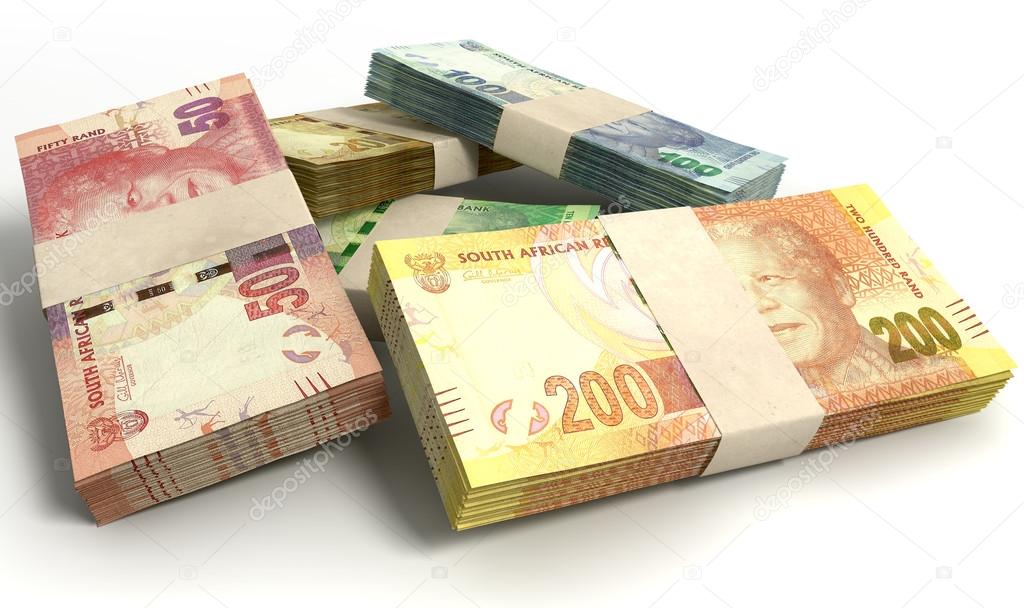
South Africa’s central bank raised rates to the highest level in 14 years to rein in inflation expectations in an economy that’s expected to barely grow this year. The rand fell to a record low as Governor Lesetja Kganyago warned that further currency weakness is likely.
The monetary policy committee raised the benchmark interest rate to 8.25% from 7.75%, Kganyago said at a briefing north of Johannesburg on Thursday. The move was predicted by 21 of 25 economists in a Bloomberg survey.
The tightening brings the rate to its highest level since 2009. It was necessitated by recent rand weakness that led the central bank to raise its forecast for inflation to 6.2% for this year and 5.1% in 2024. Its estimates for core inflation, which excludes the cost of food, non-alcoholic drinks, fuel and electricity, were raised to 5.3% and 5% for this year and next. The bank’s inflation target is 3% to 6%.
“At the current repurchase rate level, policy is restrictive, consistent with elevated inflation and risks,” Kganyago said. “The policy stance aims to anchor inflation expectations more firmly around the mid-point of the target band and to increase confidence of attaining the inflation target sustainably over time.”
All the MPC’s five members voted for the half-point increase. There have been a cumulative 475 basis points of interest-rate hikes since November 2021.
The rand weakened after Kganyago said that tighter global financial conditions raise the risk profiles of economies needing foreign capital. Daily electricity rationing and logistics-network constraints, the recent gray listing of the country by the Paris-based Financial Action Task Force and allegations by the US that Pretoria supplied weapons to Russia have all fed into the rand’s steep decline this year.
Source: Bloomberg




访问电报中文版下载,探索其丰富的功能,包括群组、频道、Bot和自定义贴纸。体验更灵活的沟通方式。